Samsung Galaxy S9+ review: A disappointing fall from grace
A powerhouse smartphone that’s undermined by irritating flaws
The Samsung Galaxy S9+ should be the best phone of its generation, but a number of small grievances unite to diminish its appeal. It’s technically capable, to be sure, but it’s far from perfect.
-
+
Amazing screen; Super powerful; Fantastic camera for pros
-
-
Average battery life; Poor quality photos on auto; Bixby is still annoying

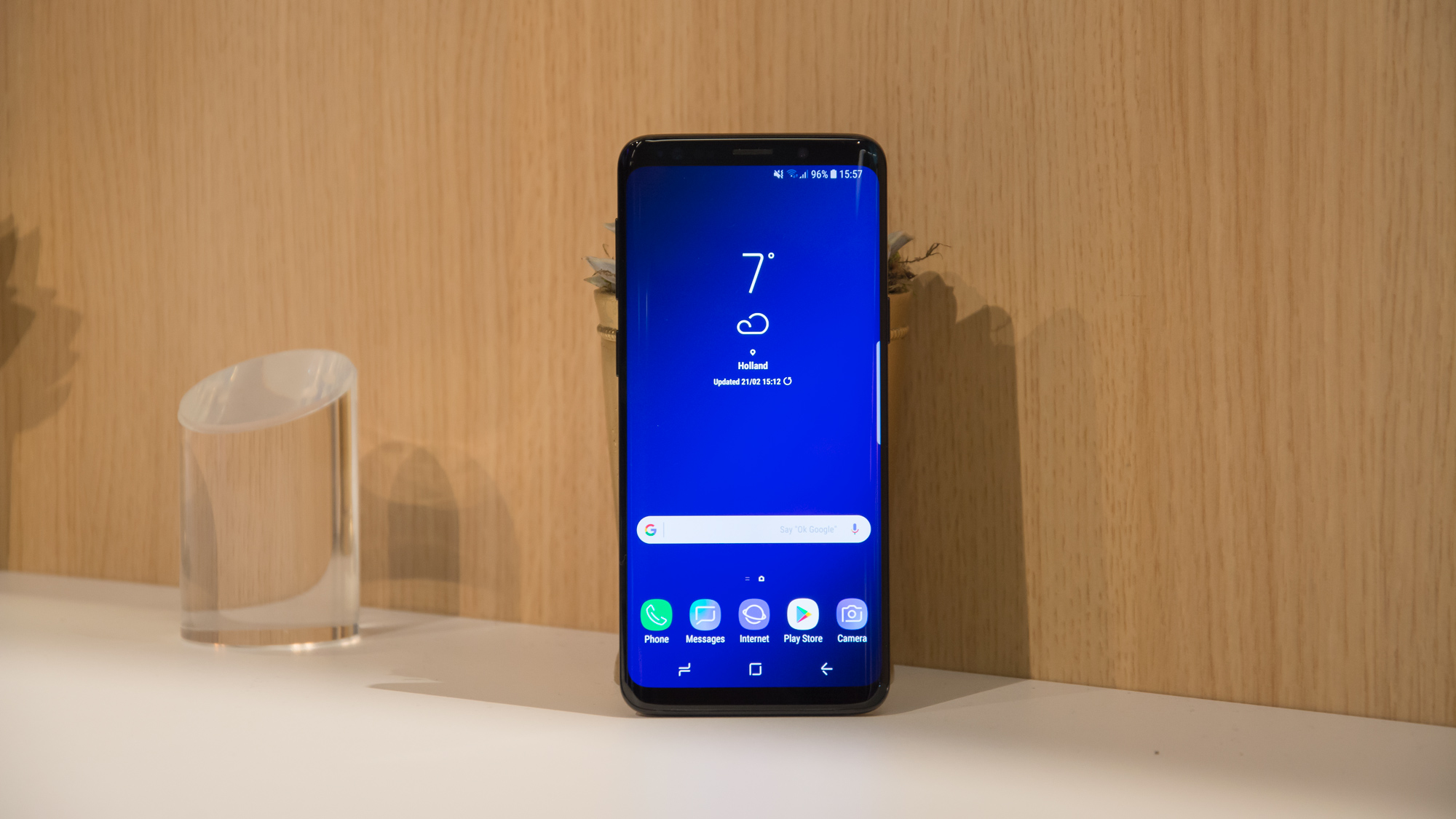
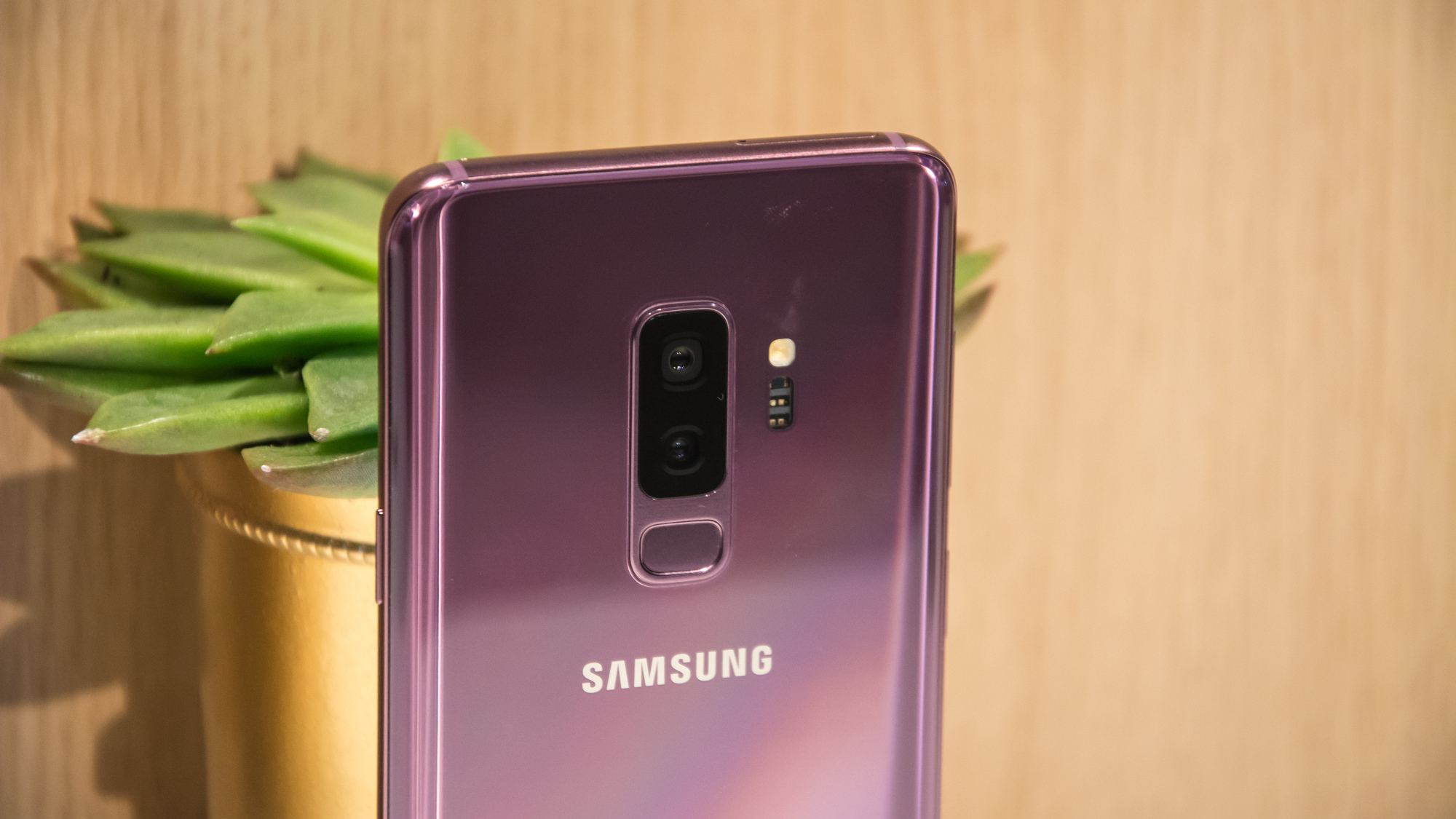
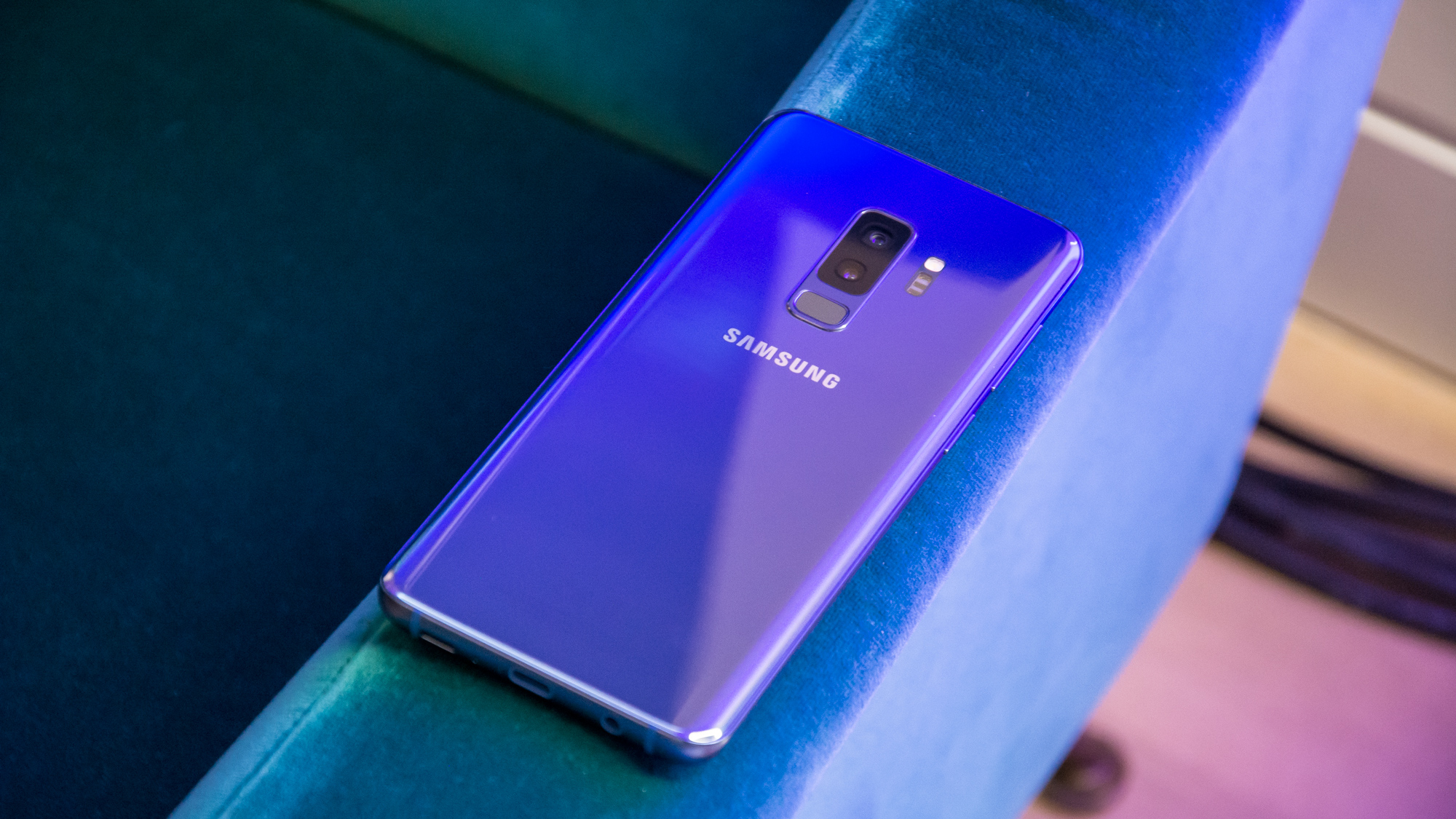
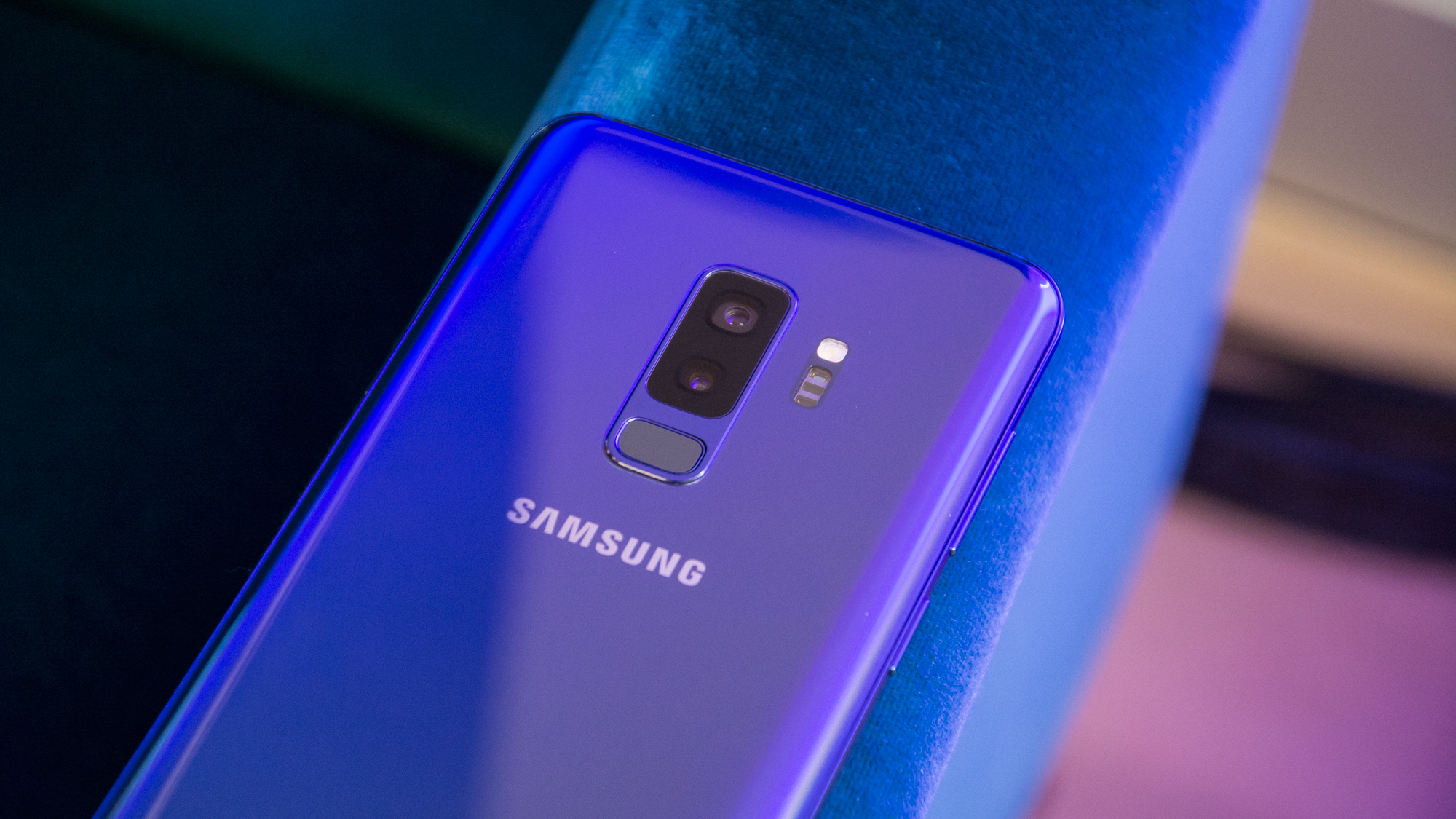
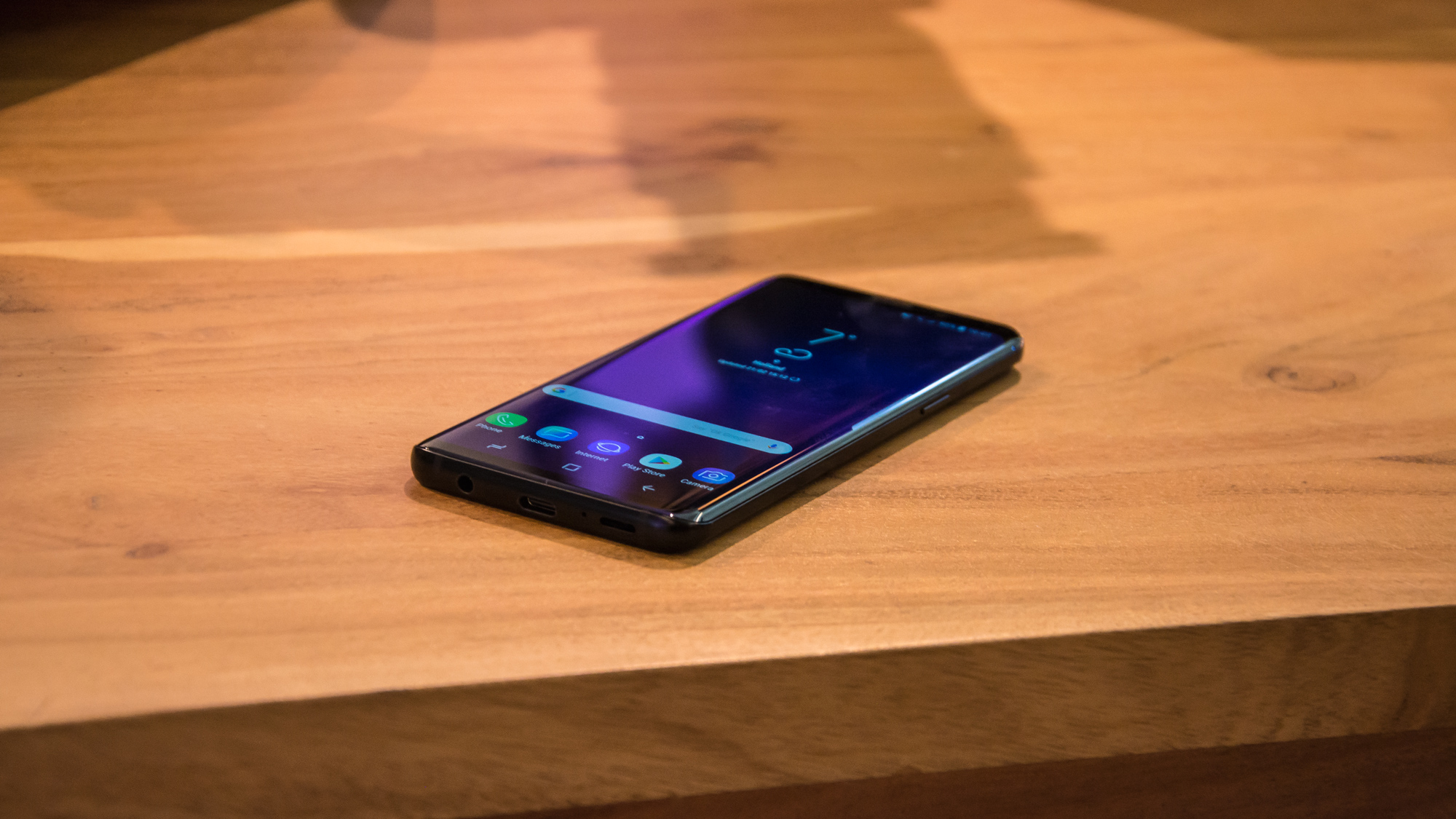
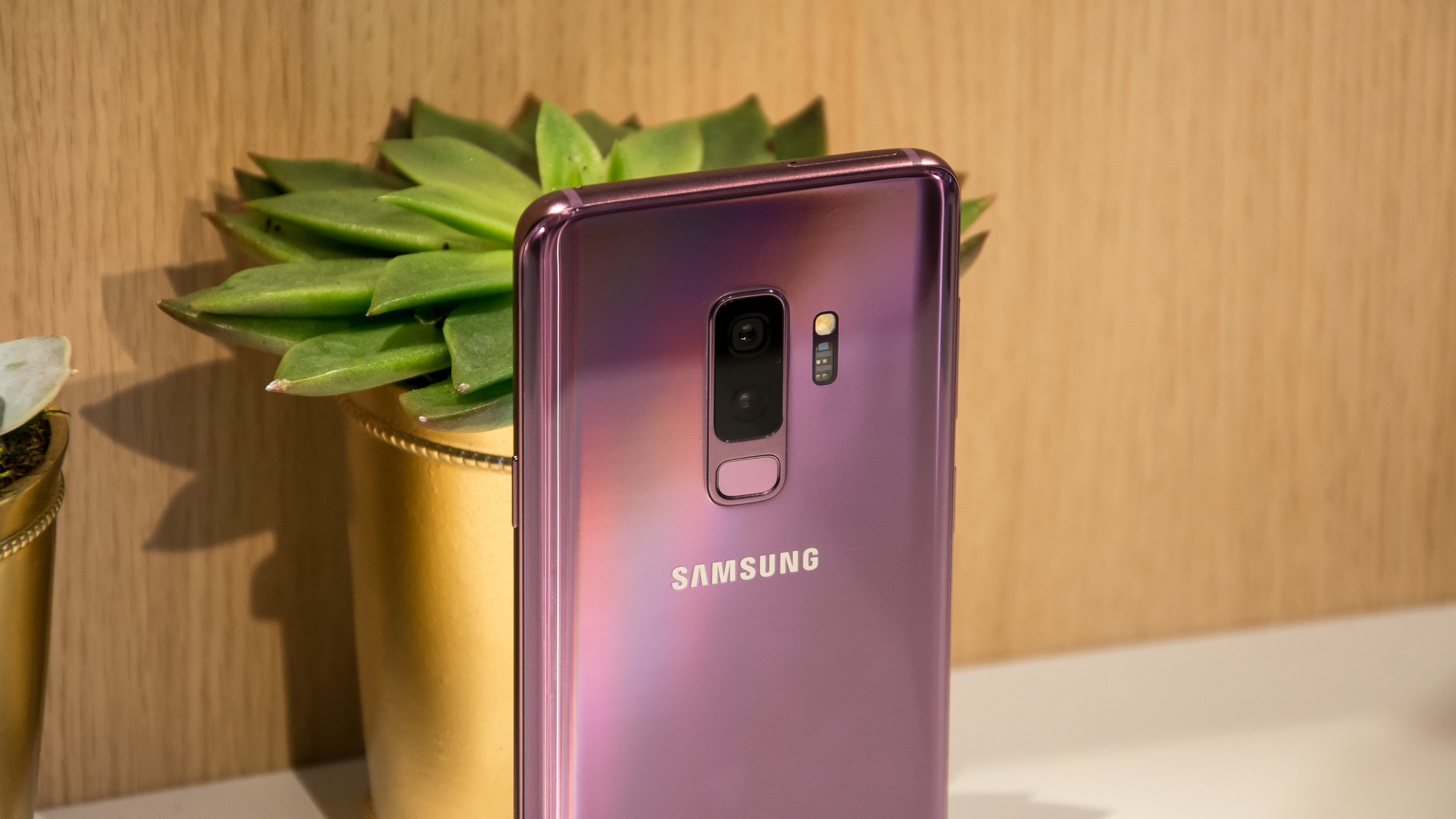
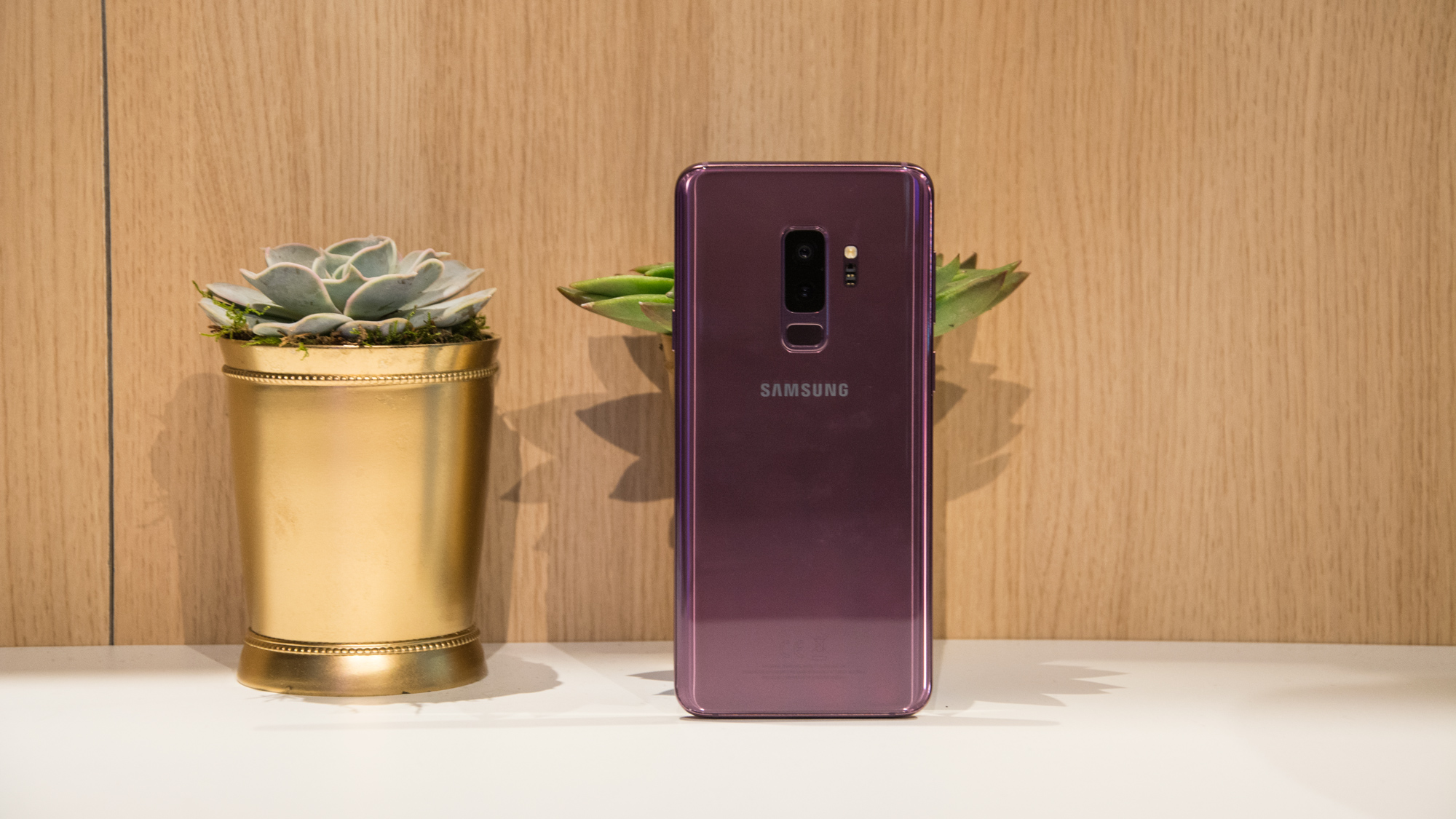
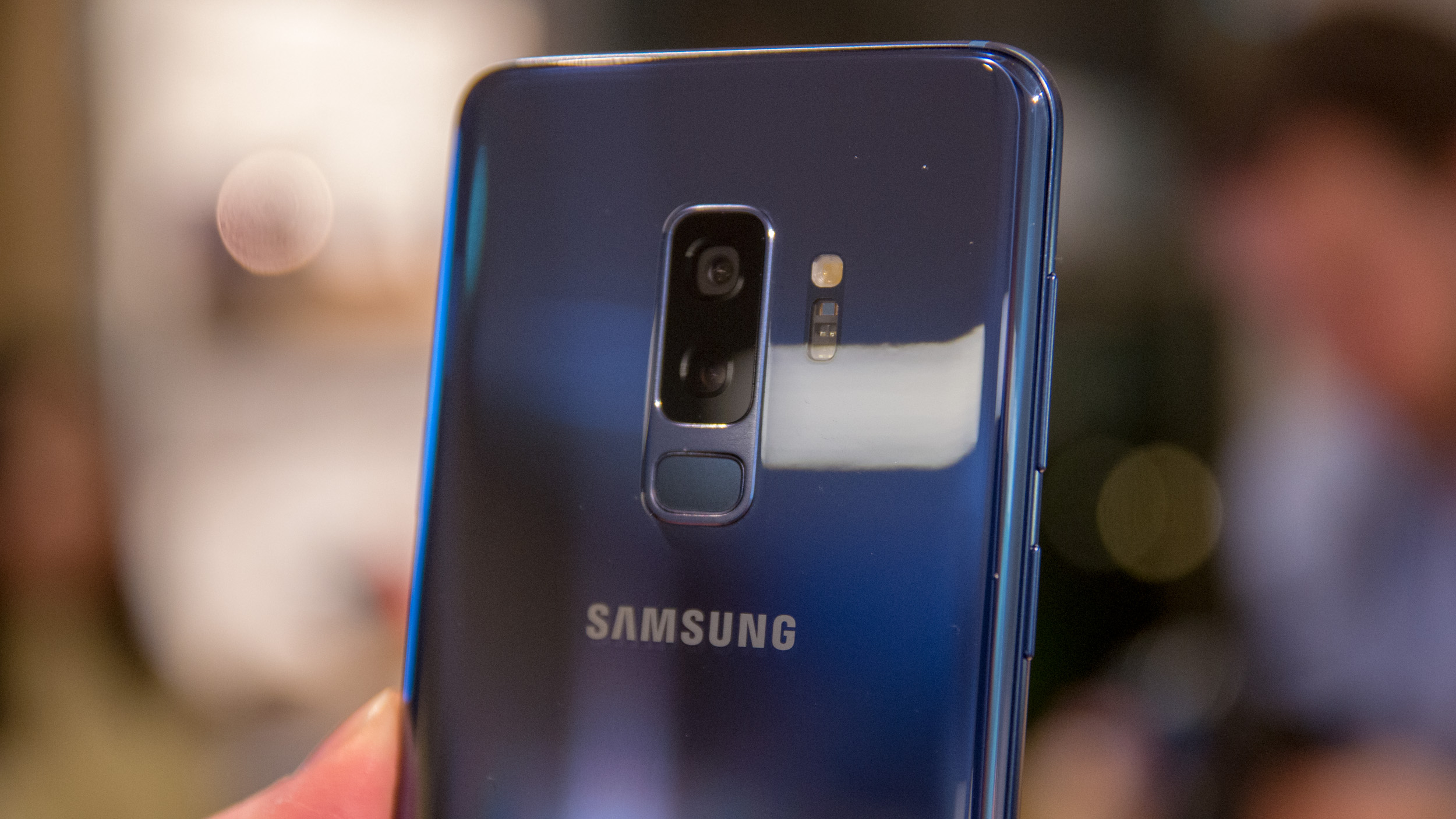
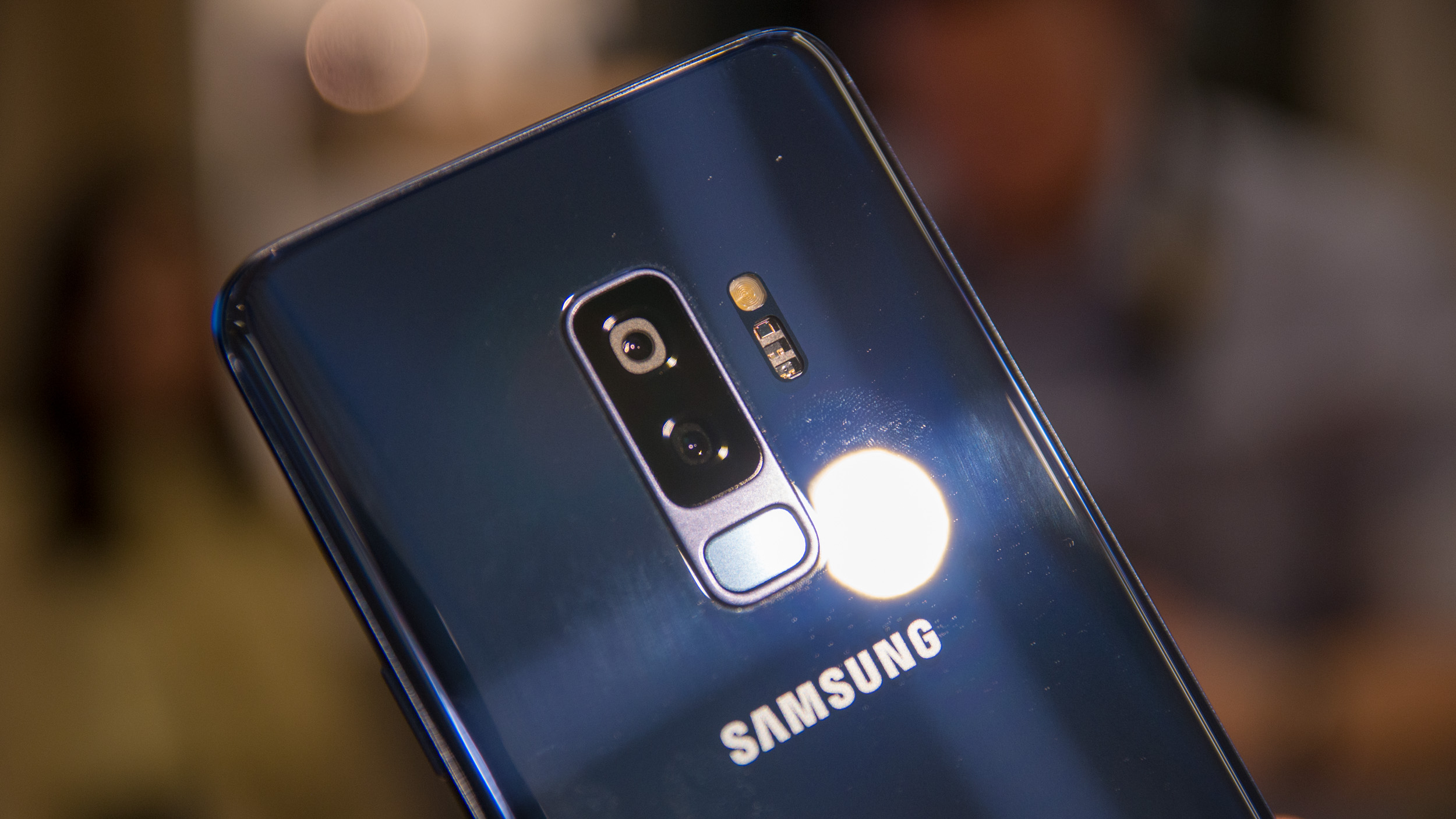
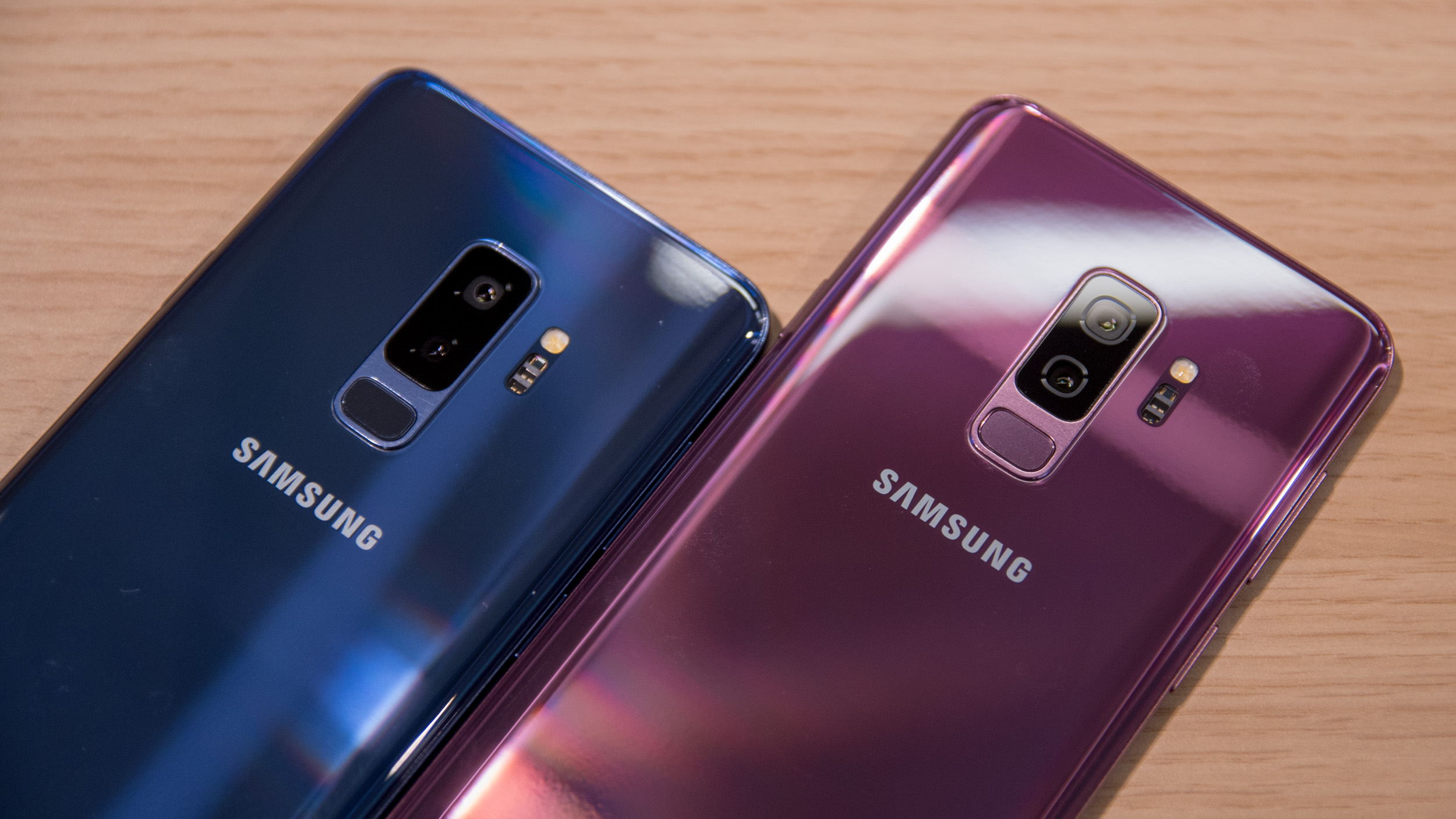
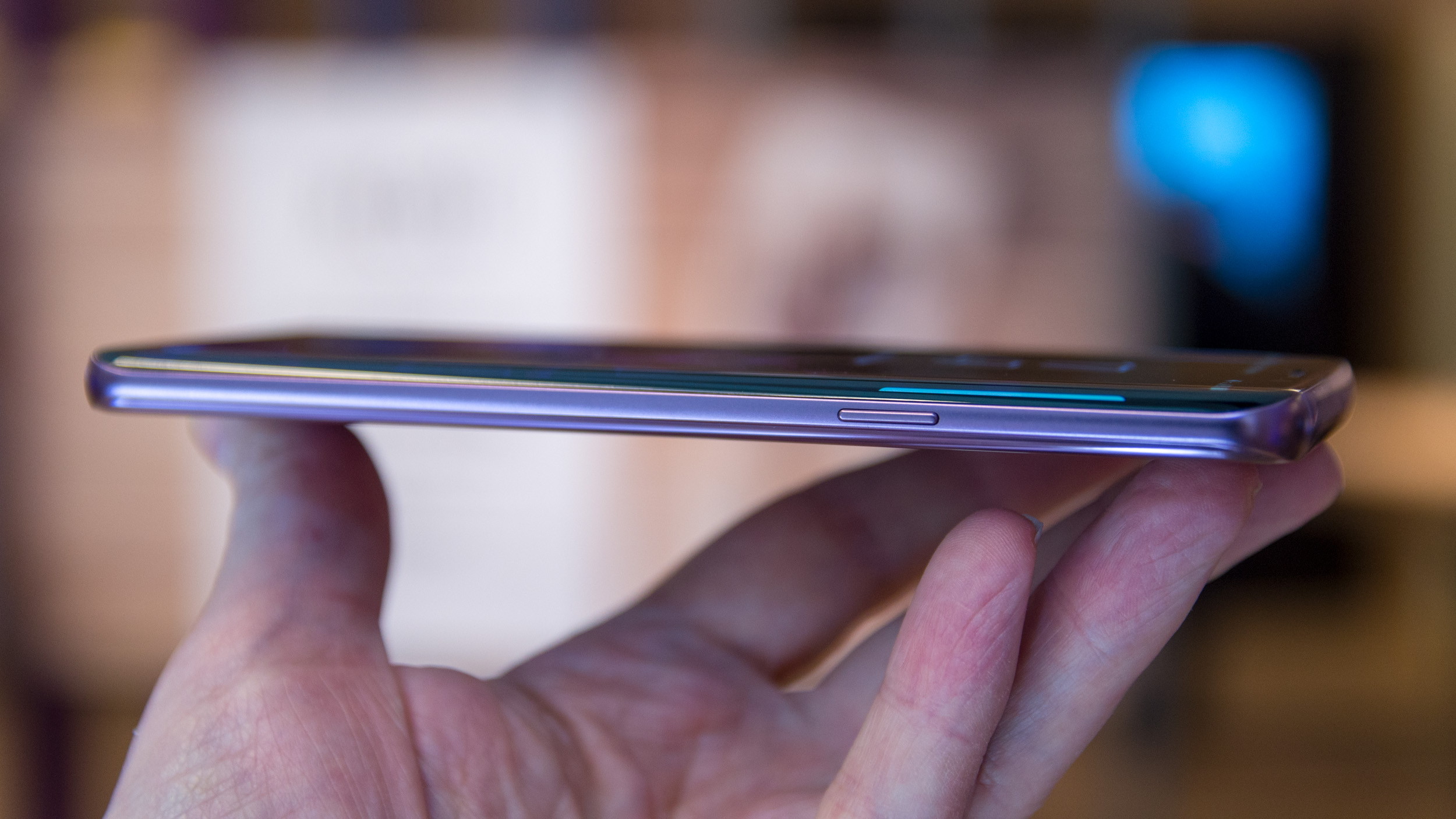
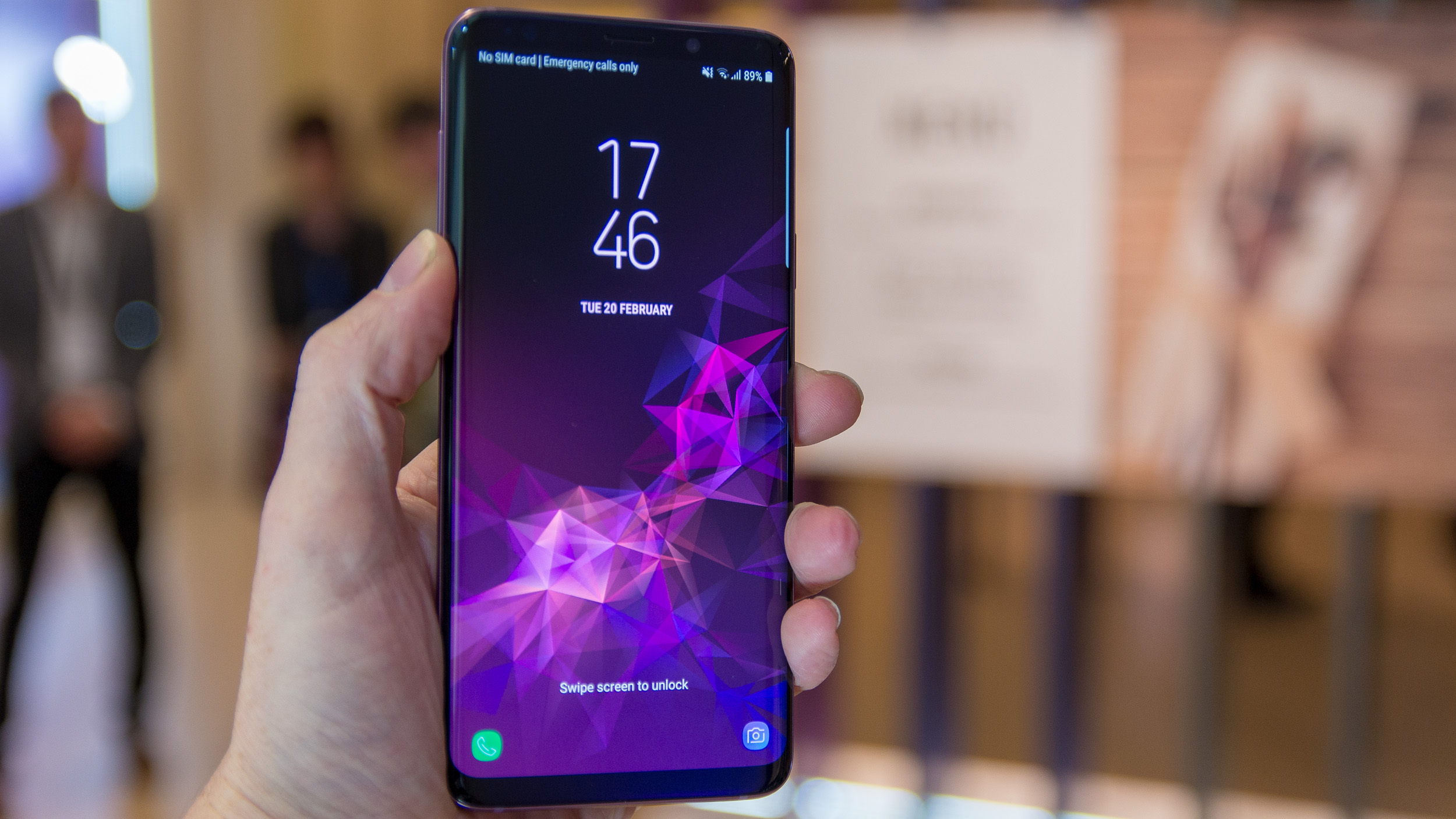
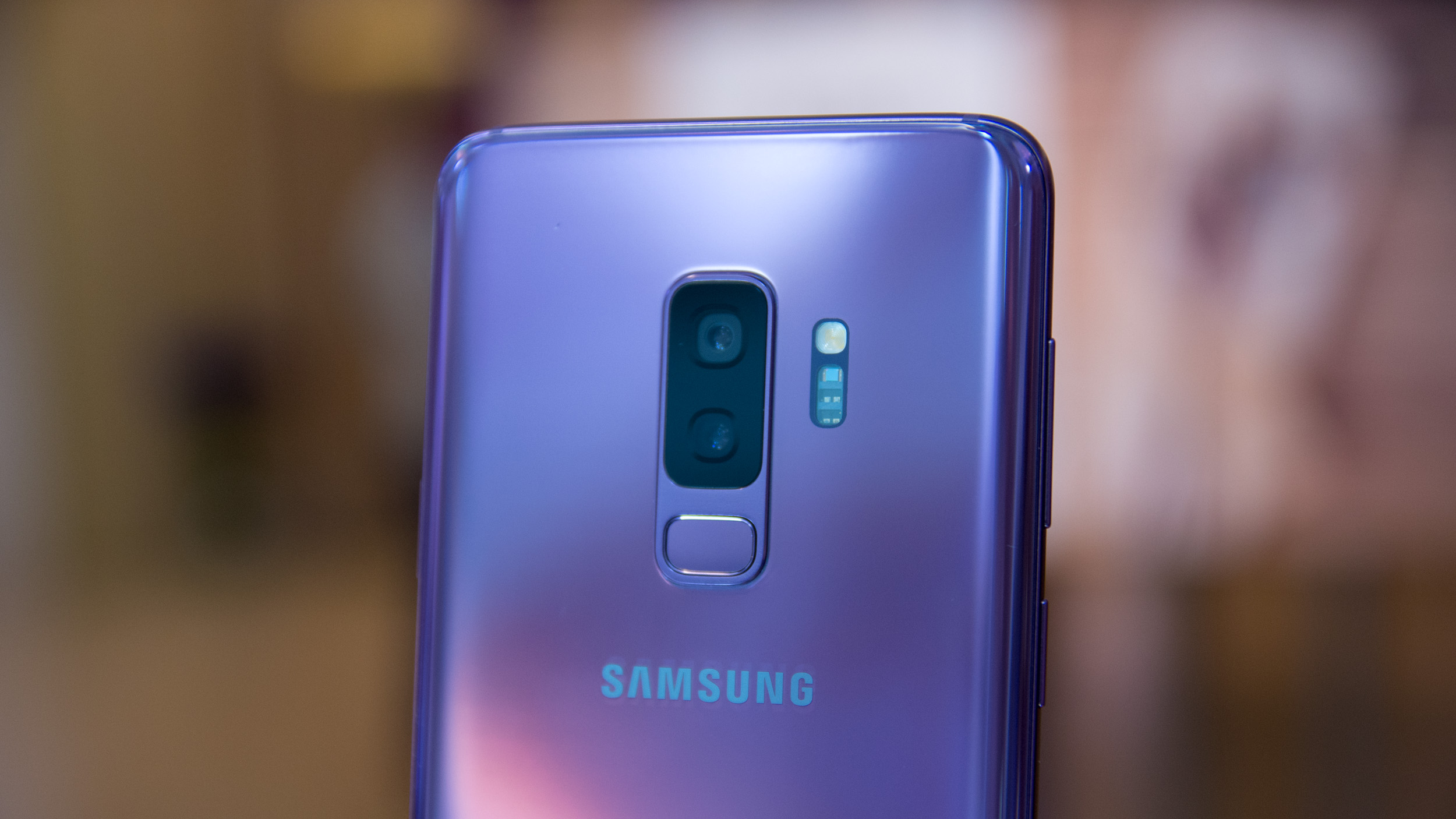
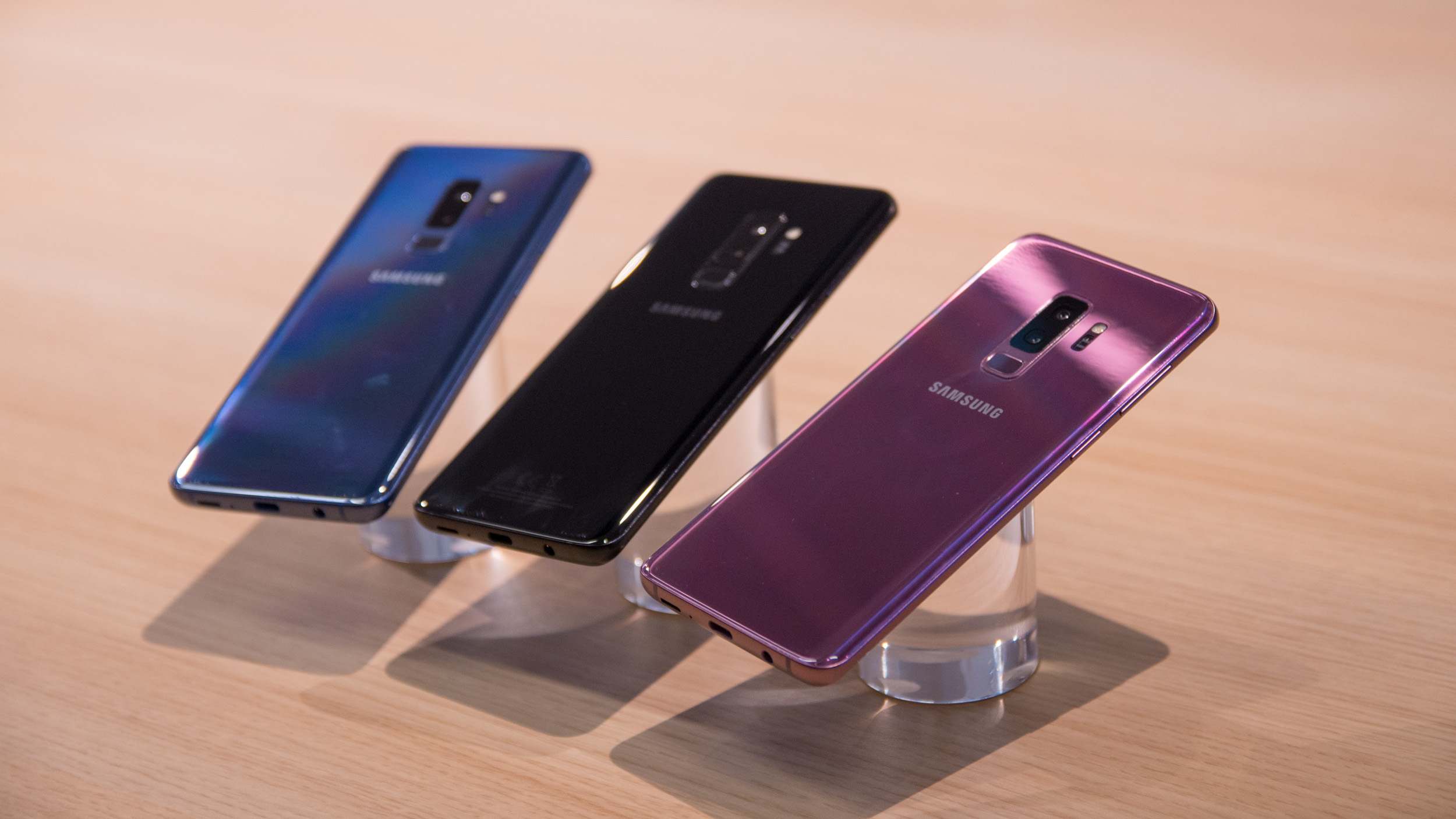
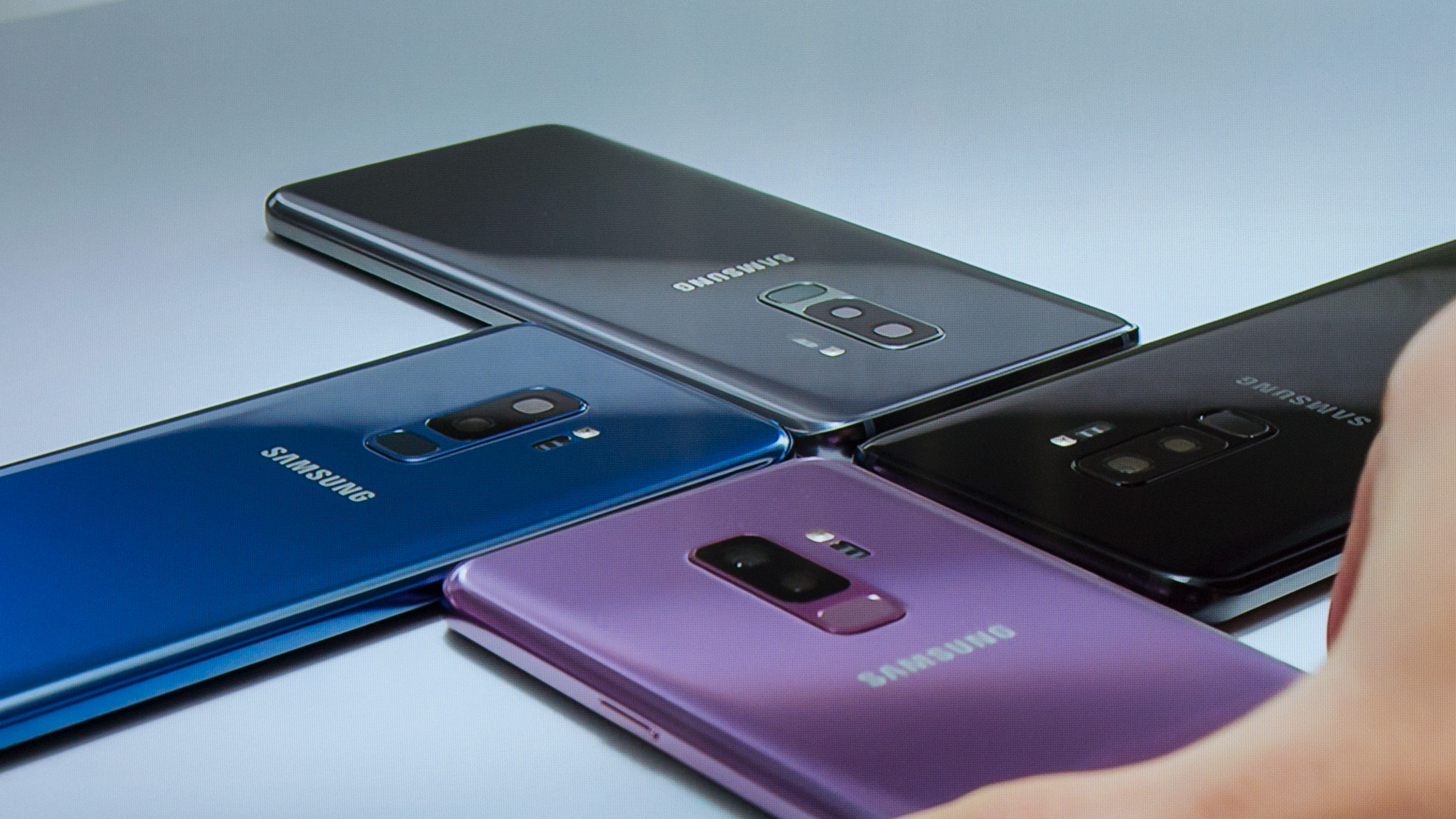
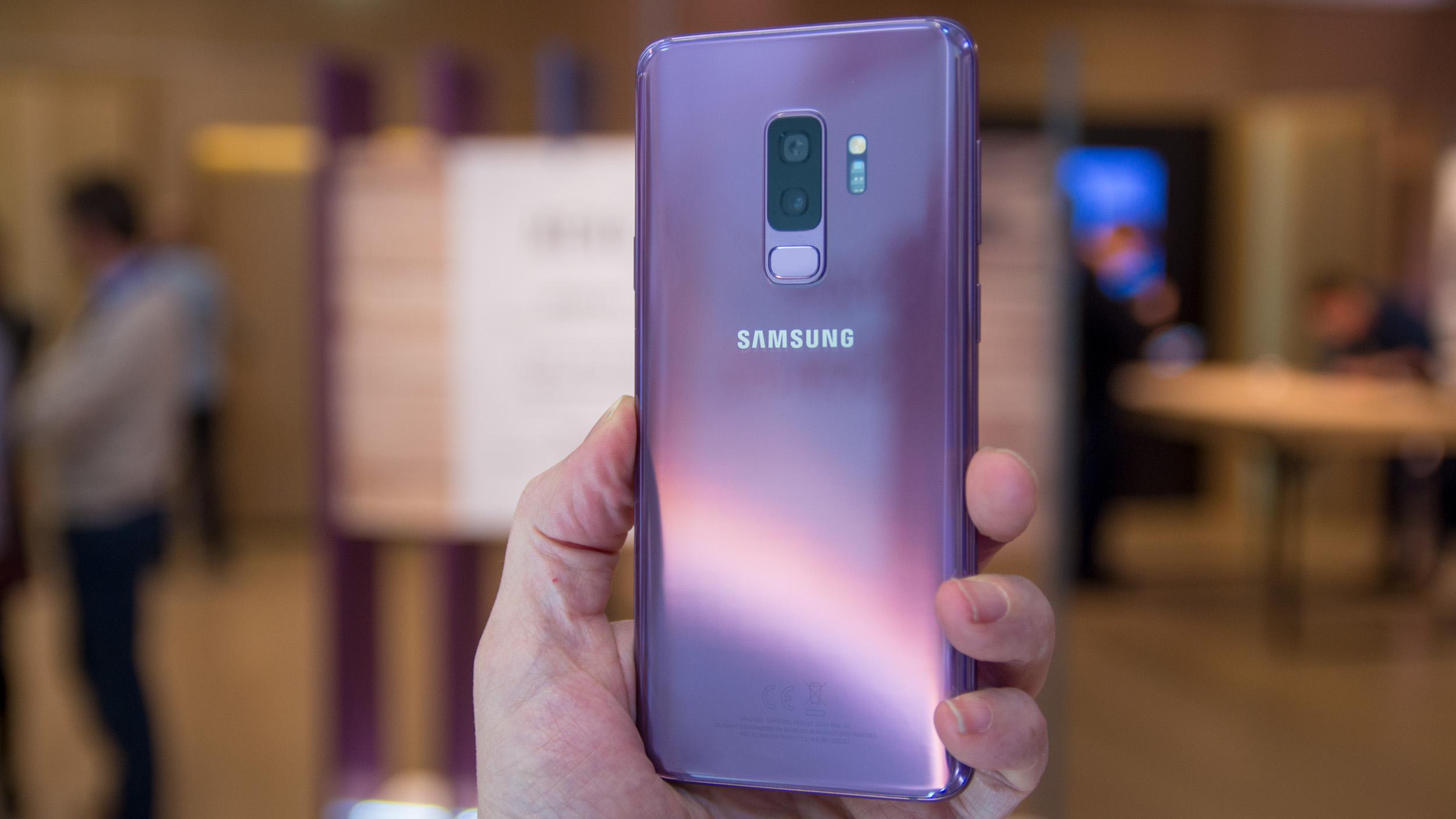
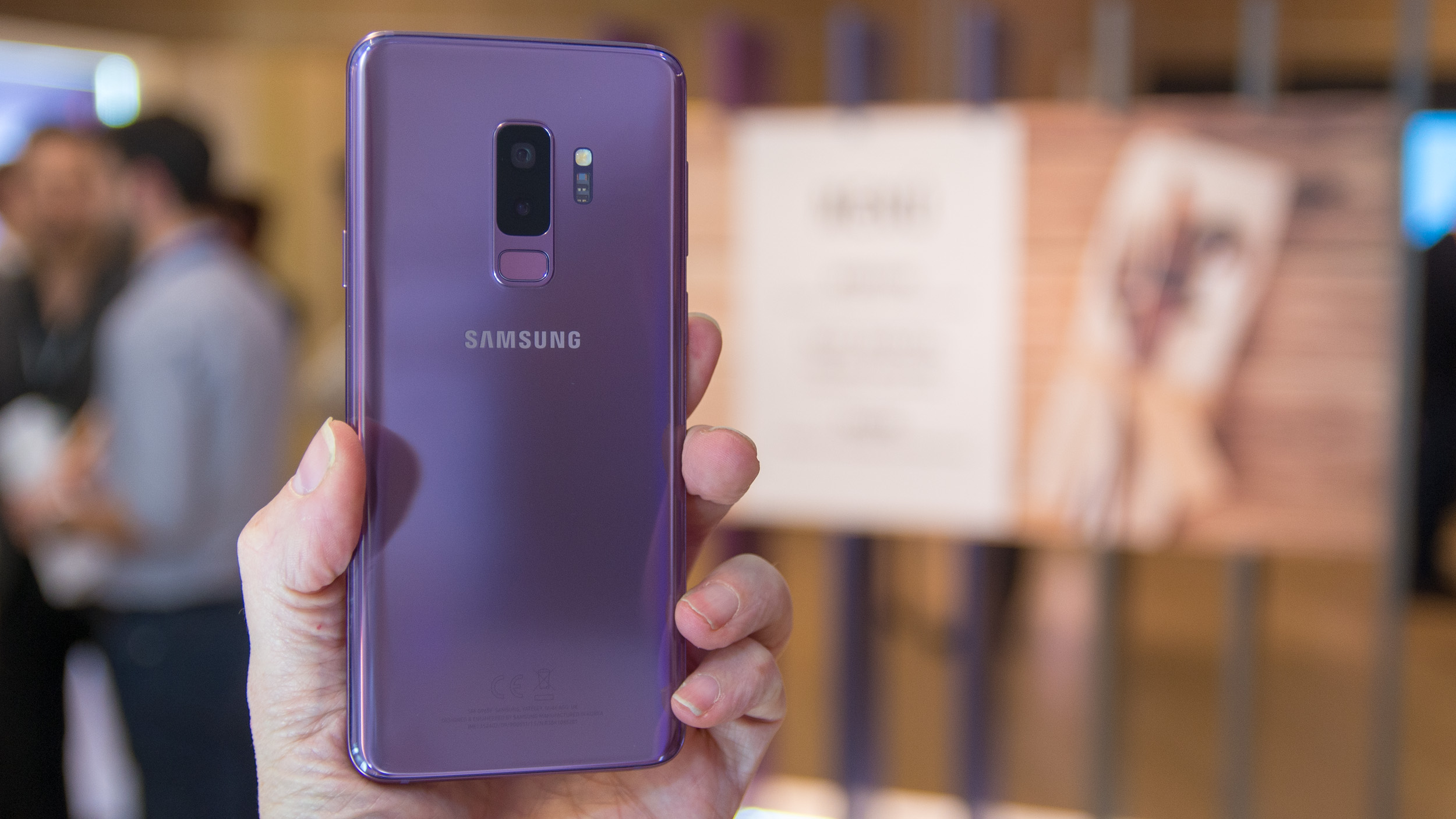
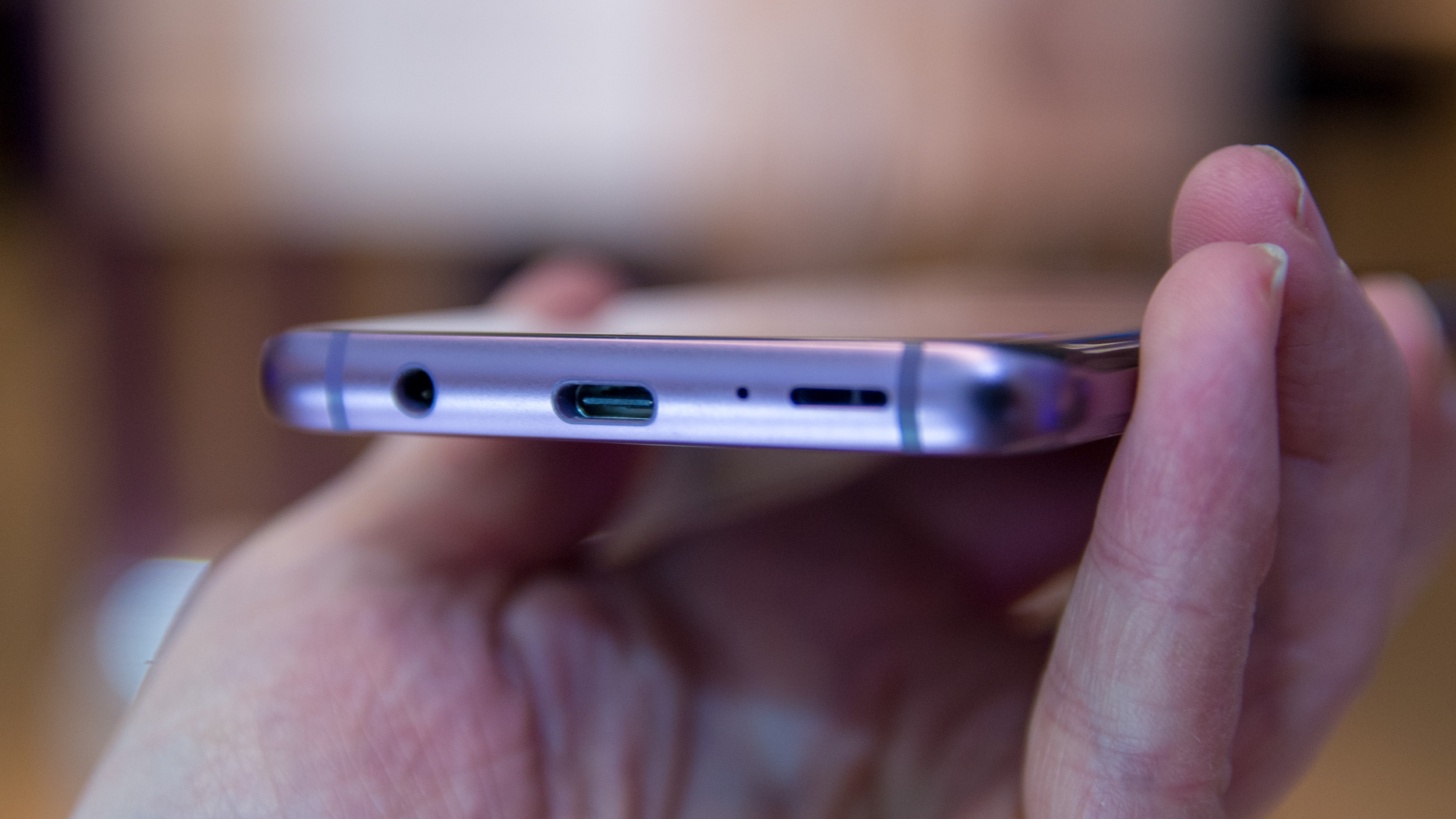
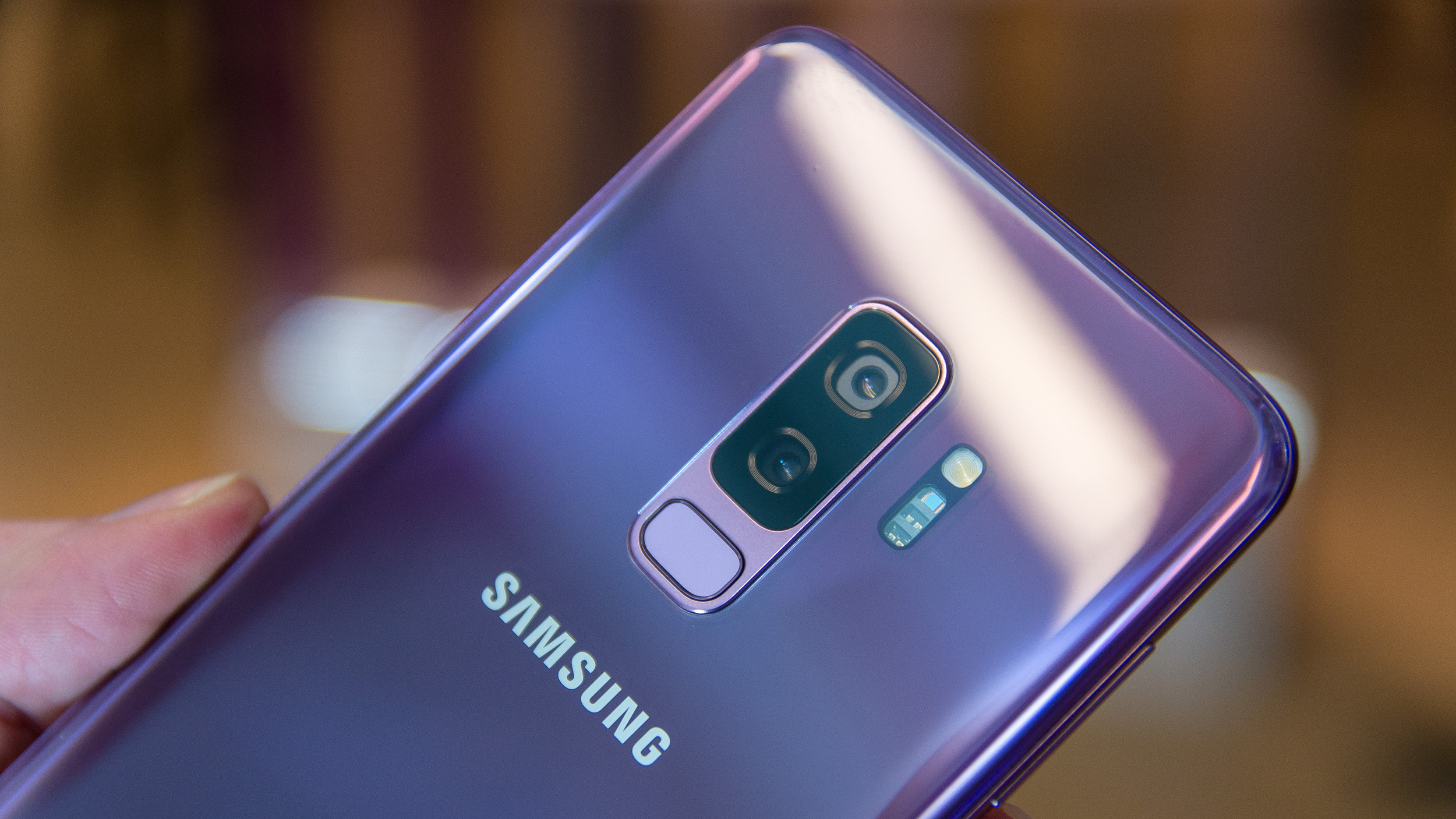
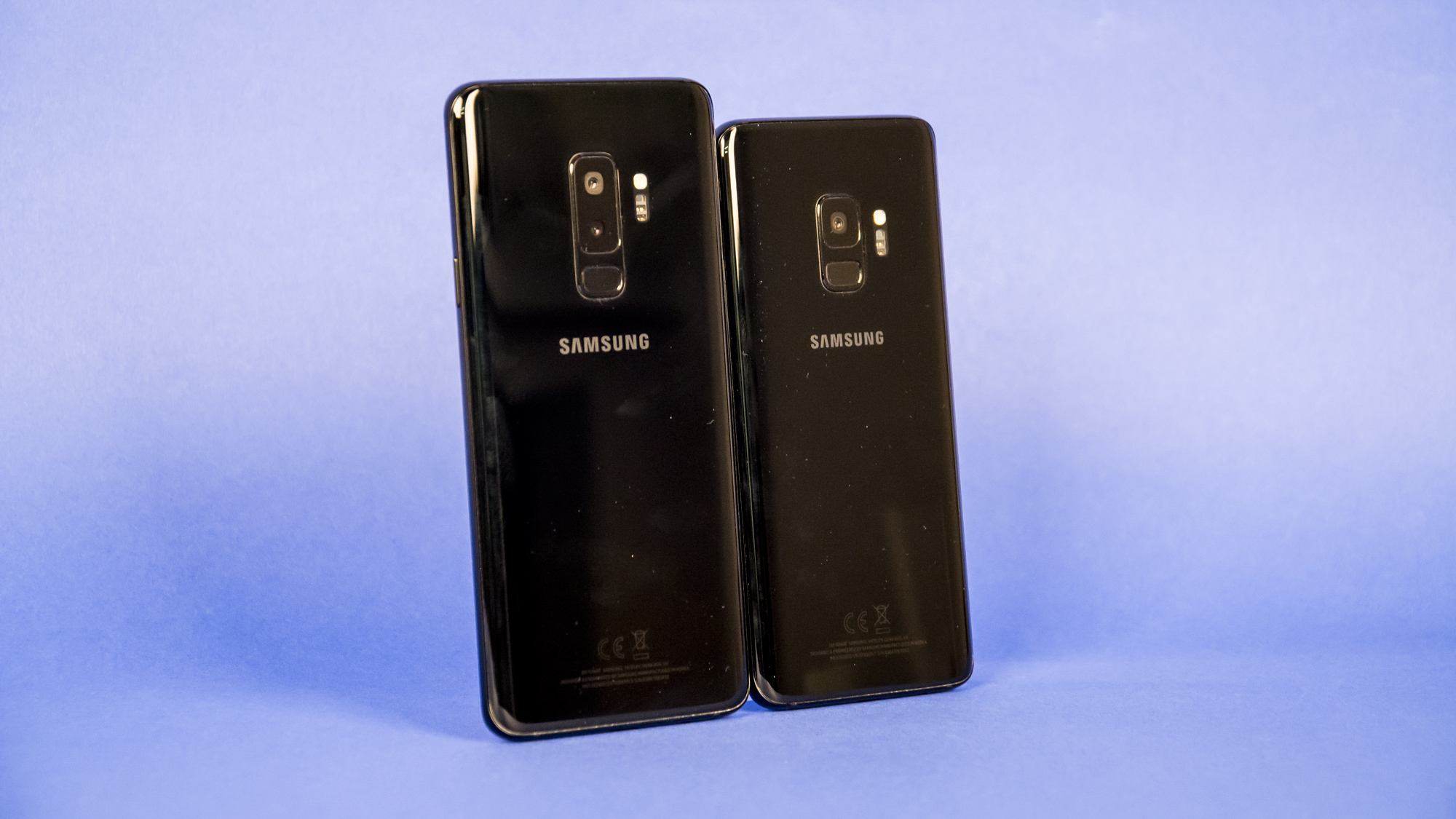
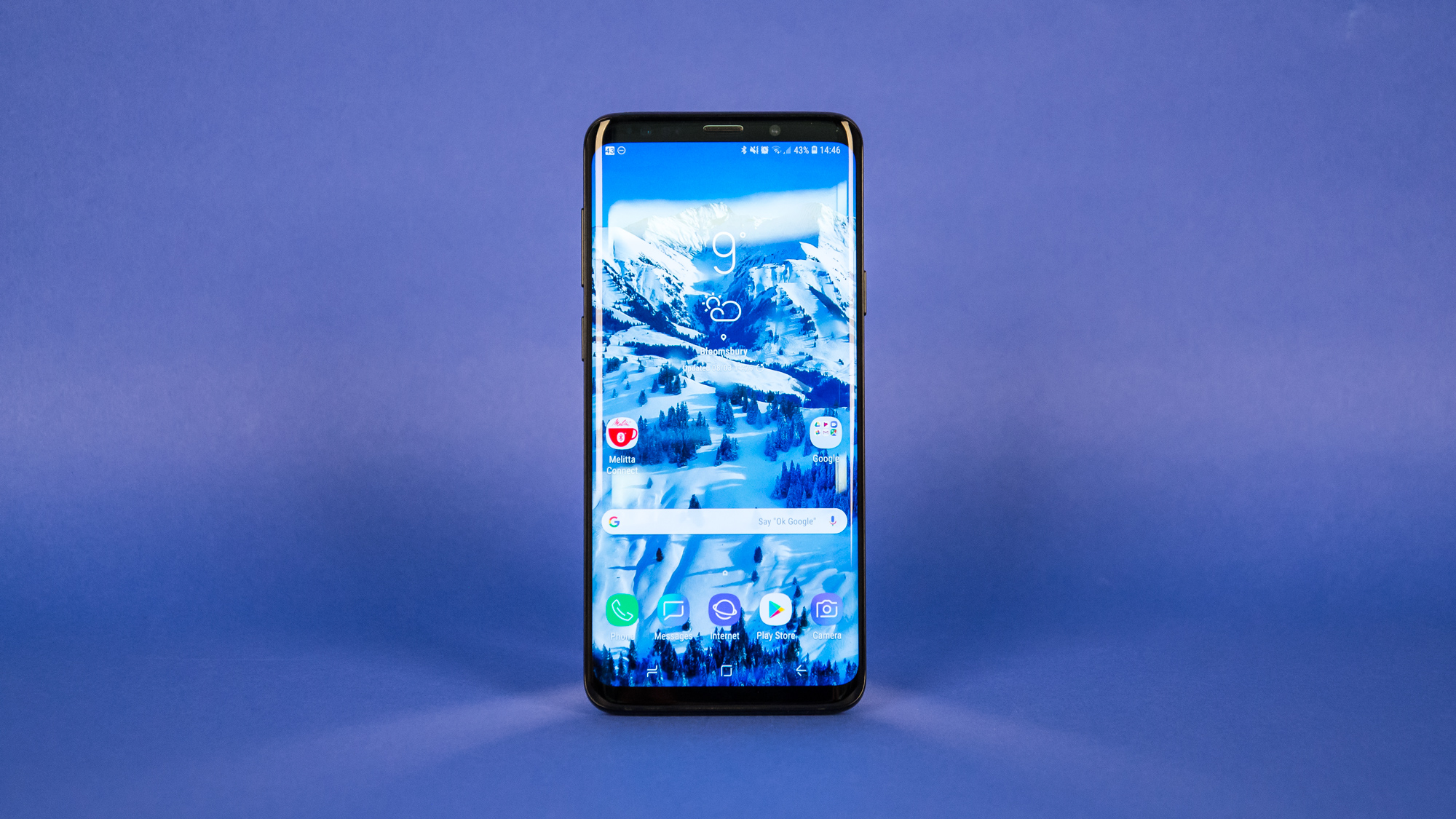
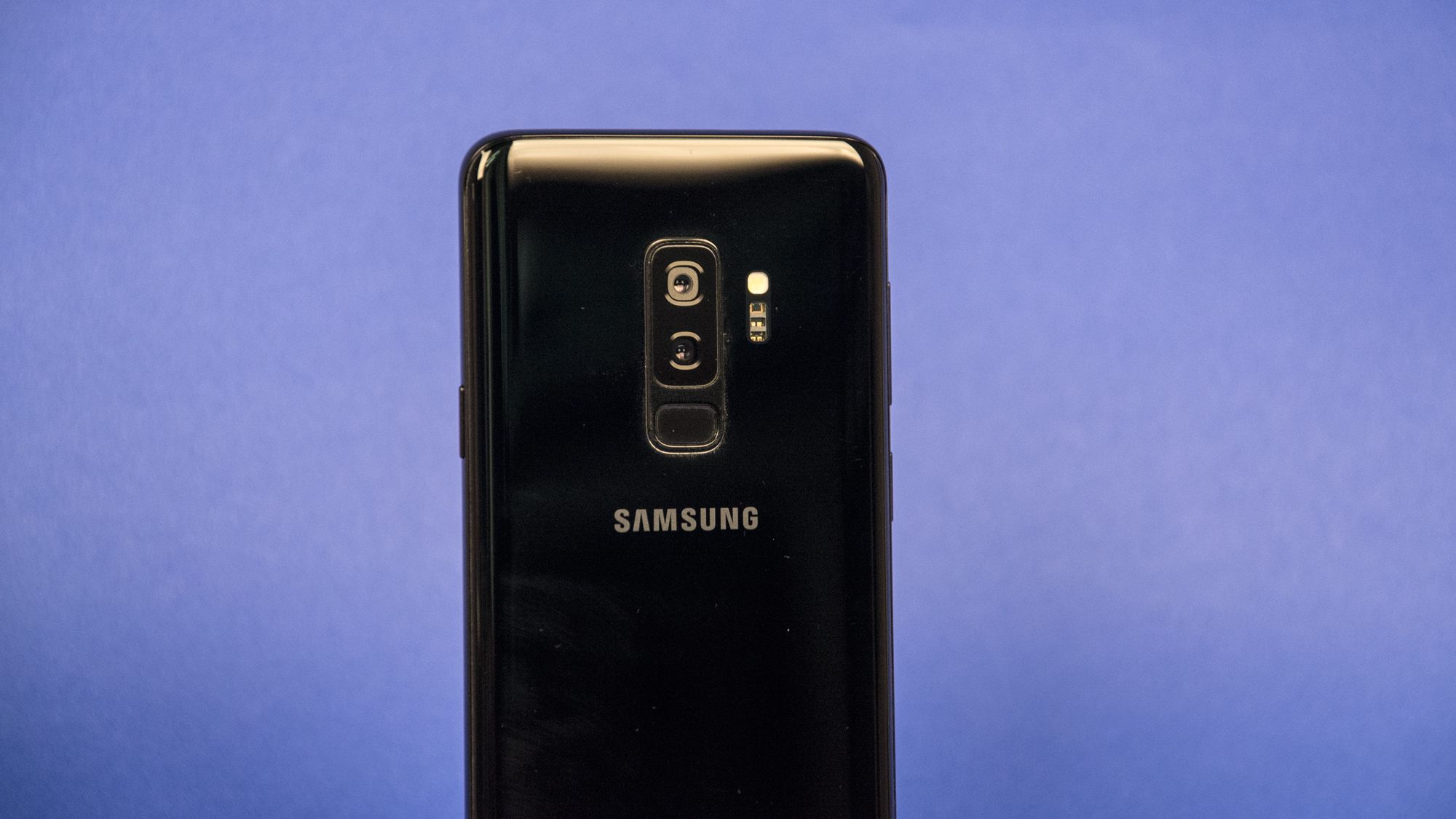
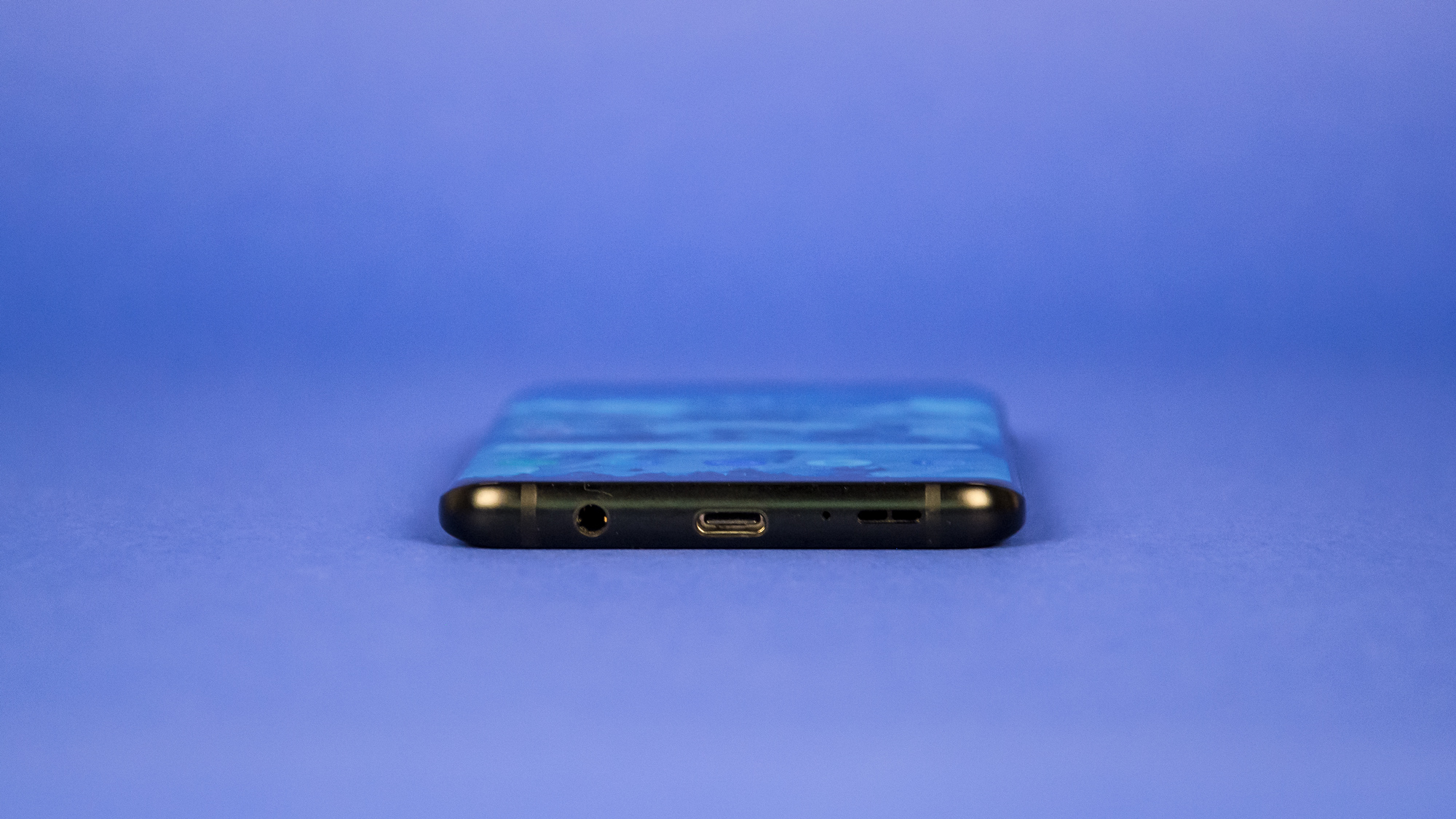
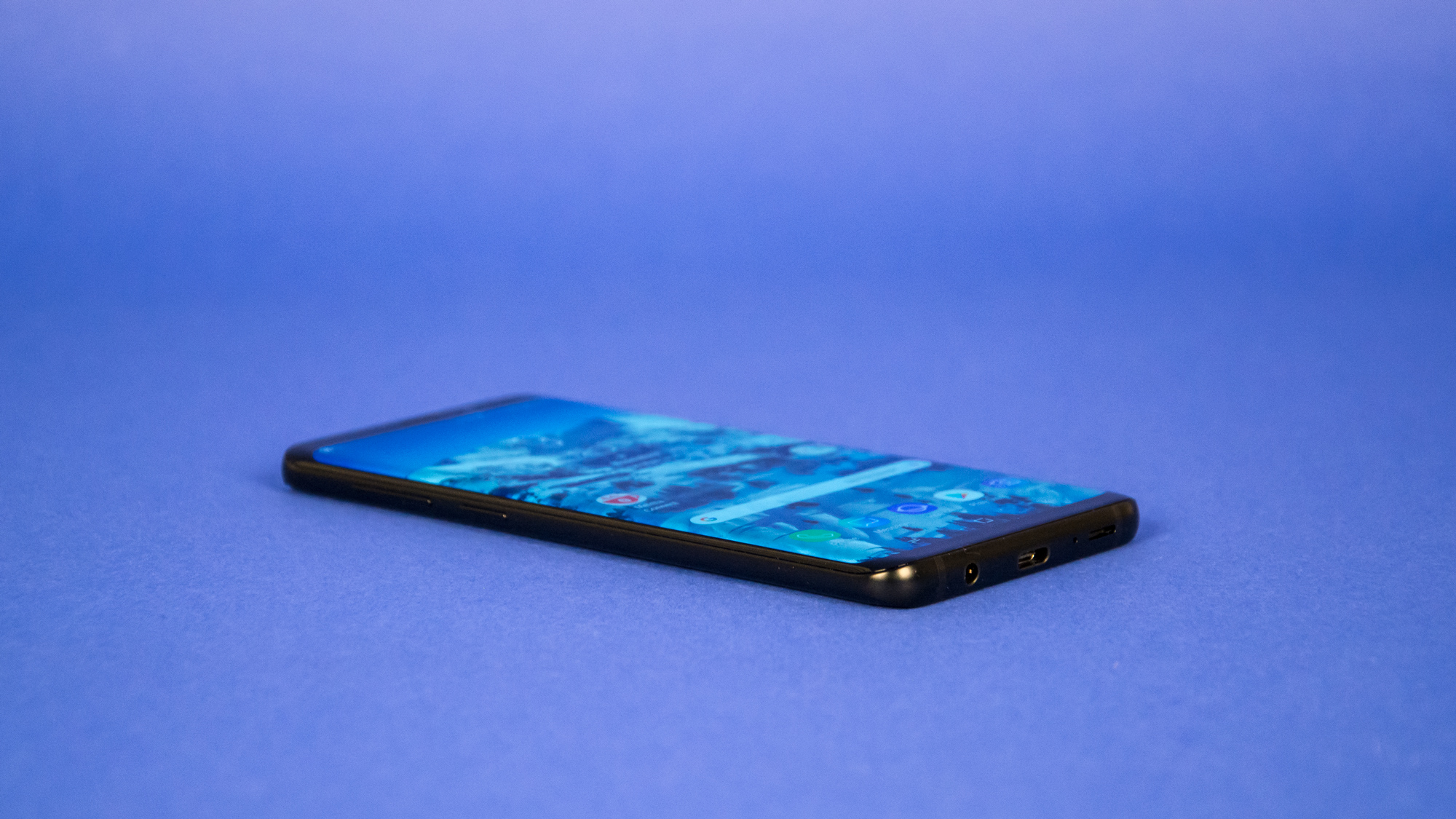
We had incredibly high hopes for the Samsung Galaxy S9+; coming after one of the best phones ever made, it had some big shoes to fill but showed a lot of promise. Now that it's finally here, we can take it for a proper test drive, and see whether or not Samsung's latest big-screen flagship was worth the wait.
Samsung Galaxy S9+: Design
Large phones are are somewhat en vogue right now, but for our money, the S9+ is just that little bit too big to be practical. Most large format phones are designed to accommodate a bigger screen than would otherwise be possible, but given that the display on the regular S9 is already almost 6in, we're really not sure it's necessary. In fact, the large size combined with the ultra-slim bezels meant that we frequently ended up pressing buttons at the bottom corners of the screen accidentally.
Aside from this slight niggle, however, it's just as gorgeous as the Galaxy S8+. Very little has changed in this regard; aside from the fact that it now comes in purple and the fingerprint reader is housed under the camera lens, it's functionally identical to the older model. It's still lovely to look at, though.
Not to be left behind the standard Samsung Galaxy S9, the Galaxy S9+ is now available in a wide range of colours too, such as Midnight Black, Coral Blue, Lilac Purple, Titanium Grey and the newest iteration - Sunshine Gold. Perhaps Samsung wants to keep up with Apple's array of colours, or maybe it's just bored of the usual black and white versions of smartphones.
This new version of the Samsung Galaxy S9+ is the first to feature Samsung's satin gloss finish, which presumably adds a little glitz and glamour judging by the company's "tranquil glow and glimmer" description. Samsung said it wanted to appeal to the customers looking for a little high fashion from their smartphone.
"People want to be able to express their style and personality through their technology and colour is a big part of that personalisation," said Younghee Lee, CMO and Executive Vice President of Samsung Electronics. "The new edition extends the colour offerings of Galaxy S9 and S9+ with a vibrant style that embrace a modern and classic feel."
Samsung has also announced it'll be launching the Samsung Galaxy S9+ in a Burgundy Red colour (with a restrained gloss finish) for its Chinese and Korean fans. It'll be arriving later this month, but there's no word on whether it will ever come to the UK.
Samsung Galaxy S9+: Display
The S9+'s 6.2in display is undeniably eye-catching, but as we mentioned earlier, it doesn't seem hugely practical. It might be more desirable if you have truly colossal hands, but for most people, it's going to prove a struggle to use one-handed. On top of that, it uses the same 1,440 x 2,960 qHD+ resolution as the S9 but spread across a larger area, so it's technically a little less sharp.

The S9+ has roughly 14% more screen space than the S9, which may prove useful for those that want to make use of Android's split-screen features. It might also be handy for reading long documents or composing emails - although honestly, we can't imagine anyone being overly taxed by the extra scrolling needed on smaller phones.
Technically-speaking, of course, the display is phenomenal, and video is an absolute treat to behold. It's here that the larger screen really comes into its own - the increased size allows video content to really come to life, and the Super AMOLED panel delivers its signature rich, vibrant colours, with an sRGB coverage of 98%, a Delta E rating of 1.5 and a perfect contrast ratio adding up to an all but flawless screen. Brightness is superb too, reaching a scorching peak level of 810cd/m2 on automatic mode.
Samsung Galaxy S9+: Performance
Along with top quality displays, Samsung devices also have an outstanding reputation for performance, so the fact that the S9+ is one of the fastest phones we've ever seen should come as no surprise to anyone. In the UK, Samsung has outfitted the S9+ with its own Exynos 9810 octa-core processor - the same processor as its smaller sibling, but with 6GB of RAM to back it up as opposed to the S9's 4GB.
As expected, the S9+ thoroughly shredded our benchmark tests. Its scores in the Geekbench 4 CPU tests - 3,629 for single-core performance and 8,848 for multi-core performance - were less than 20% behind the mighty iPhone 8 Plus, which is a towering achievement and marks the first time that an Android has come close to matching a current-gen iPhone.
The only problem is this: there is absolutely no way you're going to need that much power. The Galaxy S8+ was already more than powerful enough to handle whatever you could throw at it, and the S9+ is at least 25% faster than that. While extra headroom is nice to have, the reality is that many users (particularly business users) will end up refreshing their phone after 12-24 months, meaning that there's little to no point in worrying about how future-proof your device is.

With this in mind, we'd argue that there's no point in going for something as obscenely powerful as the Galaxy S9+ on the strength of its performance alone - you're simply not going to need it.
Samsung Galaxy S9+: Battery
One thing you will always need, however, is a long-lasting battery. It's disappointing, then, that this is the area in which the S9+ is weakest. The battery capacity is the same as the Galaxy S8+ - 3,500mAh - but thanks to the newer, more powerful components, the actual battery life is significantly shorter than last year's model.
In our video playback test, the Galaxy S9+ managed just 14hrs 36mins, which is disappointing enough given that its predecessor managed 20hrs 33mins. However, it's even more galling when you consider that even mid-range Android devices can regularly achieve results of more than 20 hours these days.
Despite the fact that the S9+ has a larger battery than the S9, there's virtually no difference in their battery life according to our tests, which means there's one less reason to bother picking it up. While the S9+ should get you through a full working day (just), we found that heavy use frequently left it needing a top-up before we left work, which is a real black mark - what's the point of all that performance horsepower if it leaves your battery petering out by home time?
Thankfully, there are some mitigating factors; Samsung has included a number of smart power management features to ensure that you can squeeze the maximum out of your remaining charge if you need to make it last, and fast-charging (both wired and wireless) is included for when you need to refuel in a rush.
Samsung Galaxy S9+: Camera
The centrepiece of the S9+ is its dual-lens camera, which is a first for Samsung's mainline Galaxy S-series devices. What this phone has that other dual-lens cameras don't, however, is a dual-aperture lens.

For brightly-lit environments, the narrower f/2.4 aperture is used to achieve maximum clarity, while the much wider f/1.5 aperture is used in low-light conditions. The secondary lens also acts as a telephoto zoom lens, providing 2x optical zoom.
Quality is a bit of a mixed bag, however; if you know what you're doing, you can achieve fantastic results by tweaking settings like the ISO and aperture using the S9+'s 'pro' mode, but when you leave it on automatic the results are noticeably less impressive. This appears to be down to the algorithm that Samsung uses to decide which aperture to use, so this may be fixed in the future - but for now, those that just want a hassle-free point-and-shoot smartphone camera are best off sticking with the excellent Pixel 2 XL.
The S9+ also offers the ability to shoot stabilised video at 4K resolutions, as well as super slow-mo 960fps footage. Quality is excellent, although it can't quite match Sony's latest phones. There's also various ancillary extra features like the ability to create 'AR Emojis' - although this is more of a gimmick than anything else.
Samsung Galaxy S9+: Features
Not much has changed in terms of the S9+'s other features. The biggest improvement is to the biometric authentication technology, incorporating the facial recognition and iris scanning seen on earlier devices into one seamless process, which Samsung is calling Intelligent Scan. We found this dramatically improved the speed and simplicity of unlocking the device over the company's previous implementations of this tech.
Elsewhere, it's pretty much more of the same. DeX support is back, as is expandable storage via MicroSD card, IP68 waterproofing and support for Samsung's Knox enterprise security and management tools.
Unfortunately, one thing that Samsung has also carried over is Bixby, the company's own-brand digital assistant. Bixby is allegedly an AI helper, and while it's nailed the 'artificial' part of that, it seems to struggle with the whole 'intelligence' aspect. It's functional enough on a fundamental level, but compared to the Google Assistant, Alexa or even Siri, it's just not that impressive.

We'd have no problem with this if we could simply ignore it, but Bixby is launched via a physical button on the side of the device, located annoyingly close to the volume keys. We found ourselves unintentionally summoning Bixby with infuriating regularity, and we would give almost anything to be able to re-map or disable the Bixby button.
Samsung Galaxy S9+: Verdict
By rights, the Samsung Galaxy S9+ should be the best phone in the world; it's one of the most impressively-outfitted devices available, it benefits from Samsung's excellent design and engineering pedigree and it follows last year's outstanding Galaxy S8+.
Unfortunately, it's let down by a series of minor, irritating niggles that detract from the overall experience. Bixby, for example, remains more hindrance than help, and it's extremely disappointing that its battery life is markedly worse than its predecessor (which was also worse than the one before).
The camera - which was supposed to be the S9+'s crowning glory - isn't an unmitigated success either. While skilled photographers will be able to take advantage of the dual-aperture system to achieve superb results, less able snappers will be let down by the phone's poorly-optimised auto mode.
As with its diminutive sibling, the S9+ suffers in comparison to the S8+. For almost 200 less, you can get a device that is more than powerful enough to keep up with the majority of users, with significantly better battery life to boot. Admittedly, the camera isn't quite as impressive (assuming you know how to use it), but overall, the S8+ offers far better value for money. Although the Galaxy S9+ gets a lot right, it gets too much wrong to recommend.
Verdict
The Samsung Galaxy S9+ should be the best phone of its generation, but a number of small grievances unite to diminish its appeal. It’s technically capable, to be sure, but it’s far from perfect.
| Processor | Octa-core 2.7GHz Exynos 9810 |
| Screen size | 6.2in |
| Screen resolution | 2,960 x 1,440 |
| Rear camera | Dual 12-megapixel |
| Storage (free) | 64GB |
| Wireless data | 4G |
| Dimensions | 158.1 x 73.8 x 8.5 mm |
| Weight | 189g |
| Operating system | Android 8.0 |
Get the ITPro daily newsletter
Sign up today and you will receive a free copy of our Future Focus 2025 report - the leading guidance on AI, cybersecurity and other IT challenges as per 700+ senior executives
Adam Shepherd has been a technology journalist since 2015, covering everything from cloud storage and security, to smartphones and servers. Over the course of his career, he’s seen the spread of 5G, the growing ubiquity of wireless devices, and the start of the connected revolution. He’s also been to more trade shows and technology conferences than he cares to count.
Adam is an avid follower of the latest hardware innovations, and he is never happier than when tinkering with complex network configurations, or exploring a new Linux distro. He was also previously a co-host on the ITPro Podcast, where he was often found ranting about his love of strange gadgets, his disdain for Windows Mobile, and everything in between.
You can find Adam tweeting about enterprise technology (or more often bad jokes) @AdamShepherUK.
-
 Third time lucky? Microsoft finally begins roll-out of controversial Recall feature
Third time lucky? Microsoft finally begins roll-out of controversial Recall featureNews The Windows Recall feature has been plagued by setbacks and backlash from security professionals
By Emma Woollacott Published
-
 The UK government wants quantum technology out of the lab and in the hands of enterprises
The UK government wants quantum technology out of the lab and in the hands of enterprisesNews The UK government has unveiled plans to invest £121 million in quantum computing projects in an effort to drive real-world applications and adoption rates.
By Emma Woollacott Published
-
 Businesses are taking their eye off the ball with vulnerability patching
Businesses are taking their eye off the ball with vulnerability patchingNews Security leaders are overconfident in their organization’s security posture while allowing vulnerability patching to fall by the wayside.
By Jane McCallion Published